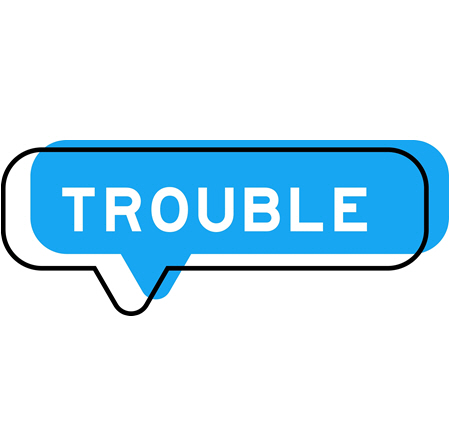 The brain doesn’t send the proper signal.
The brain doesn’t send the proper signal.
Apraxia is a disturbance in the ability to speak due to a misfire or miscommunication along the motor strip in the brain. Patients will often understand what’s being said but cannot verbalize a complete thought in return.
The struggle is often seen when the mouth moves, trembles, or gropes in an uncoordinated way, but only sounds or disconnected words are spoken.
An adult or child can have apraxia – which happens when the coordination of the brain and muscles in the mouth is lacking, causing distorted standard speech patterns.
This lack of signal from the brain to the mouth’s muscles makes it very hard to create simple mouth movements required for everyday speech.
Not being understood when speaking can cause numerous problems.
Quality of life and day-to-day interaction is affected when faced with friends and family who cannot understand what you’re saying. They often ask you to repeat yourself, causing you or your loved one frustration and embarrassment.
It can and often is easily confused with aphasia. There are sharp differences, and an individual can have both aphasia and apraxia, which require specialized treatment.
And – no one ‘grows out of’ apraxia. By seeking therapy early with a speech therapist, a strong treatment plan can be put in place to begin the strengthening of muscle memory and resultant clearer speech.
The most recognizable symptoms of apraxia are:
- Distorted sounds in words – omitting consonants at the beginning or end of words
- Groping behaviors of the face/lips/tongue
- Excessive tension during speech tasks in the face/lips/tongue and upper torso
- Difficulty stringing syllables together to make words
- Errors in tone, stress, or speech rhythm
 Our journey will take time.
Our journey will take time.
First, I will evaluate oral-motor skills; how the jaw, lips, and tongue work together; and how they say different sounds.
Our goal for the evaluation is to determine what you need most and where the breakdown occurs. Then, the treatment plan will focus on teaching mouth movements to produce the right sounds. All this focus is while integrating functional speech patterns through conversation to enhance real-life practice opportunities.
Apraxia is not a ‘quick fix,’ but it is worth it when family and friends hear and comment on the differences that emerge over time.
I treat apraxia using my years of experience, knowledge, and successful tools while integrating lifestyle practices to reduce stress, motivate, and increase self-confidence.
Let’s chat during a free 15-minute consultation.
Call (757) 529-0600 now, and let’s book your first appointment toward speech freedom!

